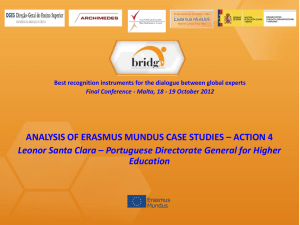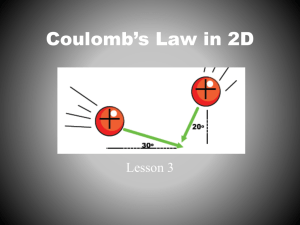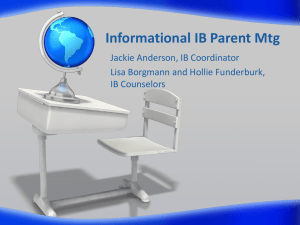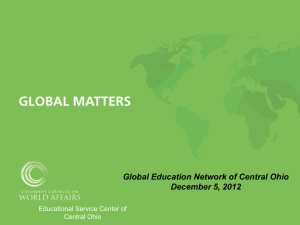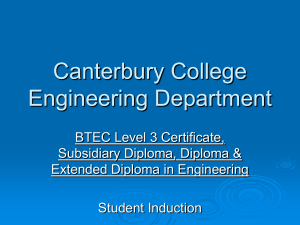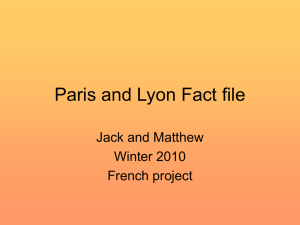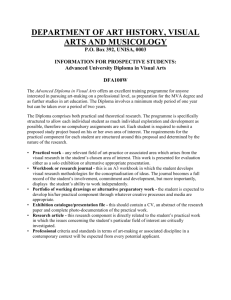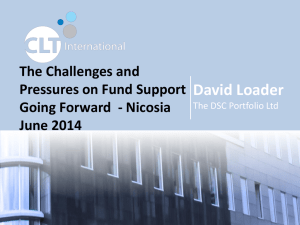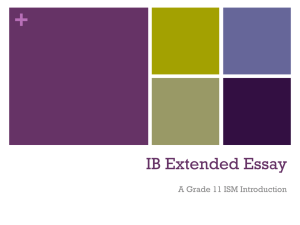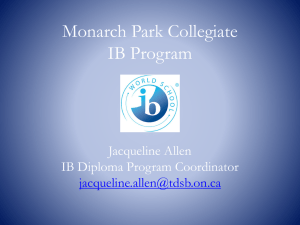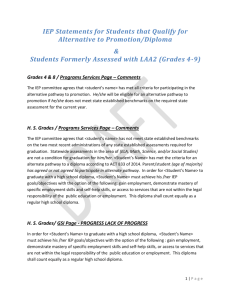Jean-Gabriel Ganascia
advertisement
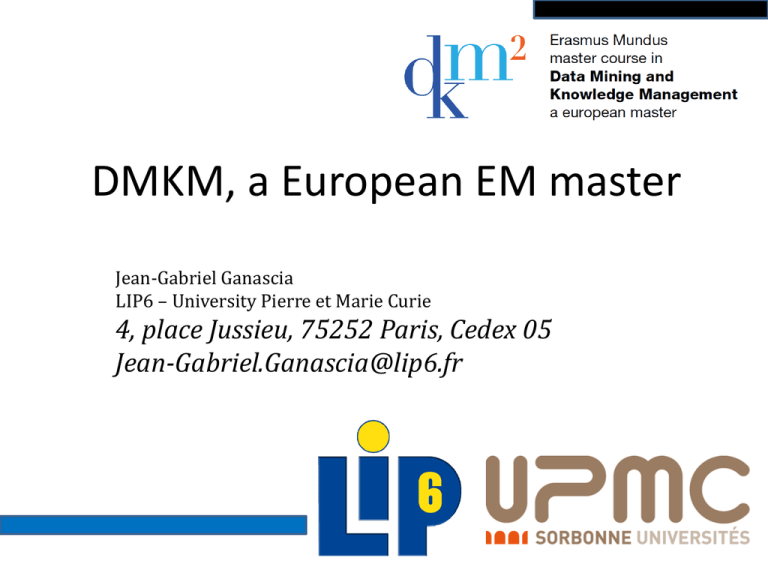
DMKM, a European EM master Jean-Gabriel Ganascia LIP6 – University Pierre et Marie Curie 4, place Jussieu, 75252 Paris, Cedex 05 Jean-Gabriel.Ganascia@lip6.fr France Lyon • Nantes • Paris • Italy Data Mining and Romania Bucarest Knowledge Management • Turin • Spain • Barcelone a europan master Erasmus Mundus Data Mining and Knowledge Management • • Data Mining is the process of extracting knowledge from information stored in data bases Many disciplines contribute to this process: – Mathematics • Statistics • Probabilities • Data Analysis DMKM: an Erasmus Mundus Master • • • • DMKM is a two years master course Students need to have a bachelor (or equivalent) degree in computer science or mathematics Language of the course is English Four countries are involved in the DMKM master: France (Paris, Lyon, Nantes), Italy (Allessandria), Spain (Barcelona), Romania (Bucharest) Student Mobility Schema 1st year: France (i.e. Paris, Lyon or Nantes) 3rd semester: Romania (Bucharest), Italy (Allessandria) or Spain (Barcolone) Lessons Learned Project Preparation 1. 2. – Pedagogical organization – Money The Diploma 1. Project Preparation: pedagogical organization • Project architecture – • • • Student mobility schema Language – One official language – Language policy (language courses) Pedagogy: modern social constructionist pedagogy Use of online teaching aids 1. Project Preparation: Money • Fees – • The EC gives the model (8000€ for non European students, 4000€ for European) How to allocate the money? – Depending on the country, the university fees are very different • Insurance • Other sources of funding 2. The DMKM Erasmus Mundus Master Diploma Possibilities • • • Joint diploma: ideal solution, but very difficult to get for political reason Double diploma: require a strong agreement among the partners Multiple diploma Supplement to diploma • The real added value of the 3. Recruitment Difficulties • Visa • Website – • Schedule – • Note the today, more than 2000 students registered on our website January… Constraints – TOEFL 4. Practical Questions • Admission – – • Online submission Two steps (first on documents second on interview) Evaluation – Of the students – Of the courses and of the teachers – Of the formation 5. The Benefits • • • • Quality of students The Great Challenge: formation of “World Citizens” Progressive introduction of Evaluation Procedures of formation Acquiring familiarity with European and World Standards in Education (supplements to diploma, accreditation….)
